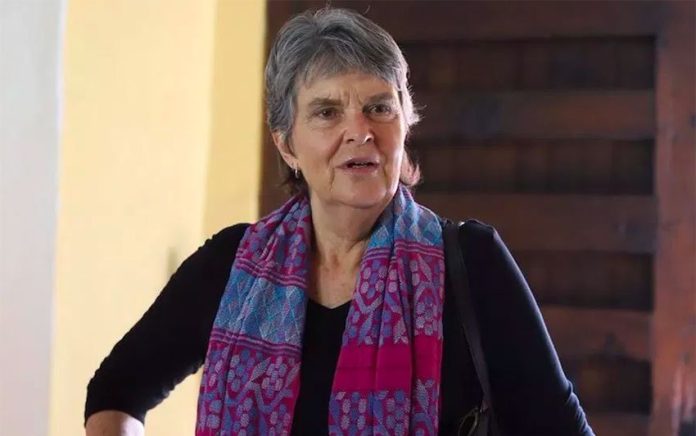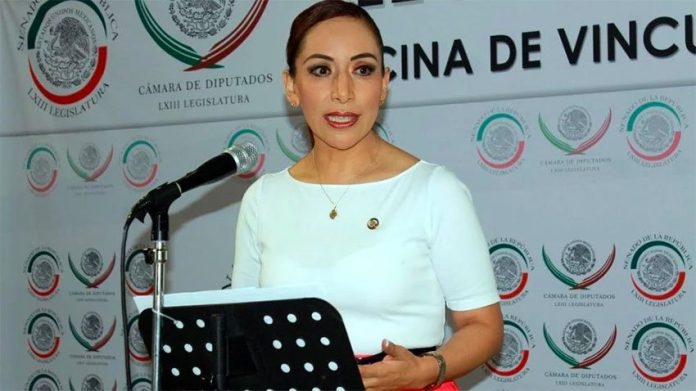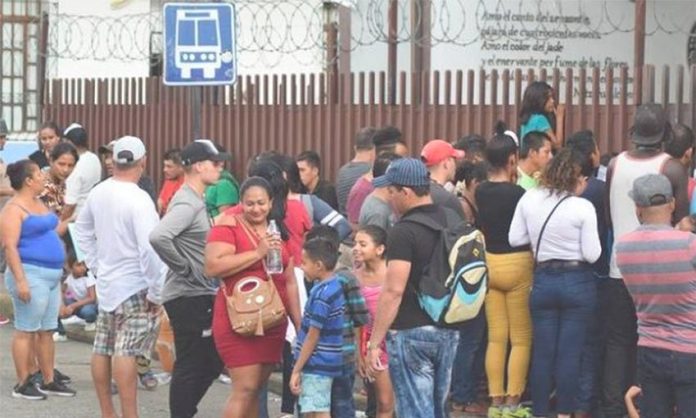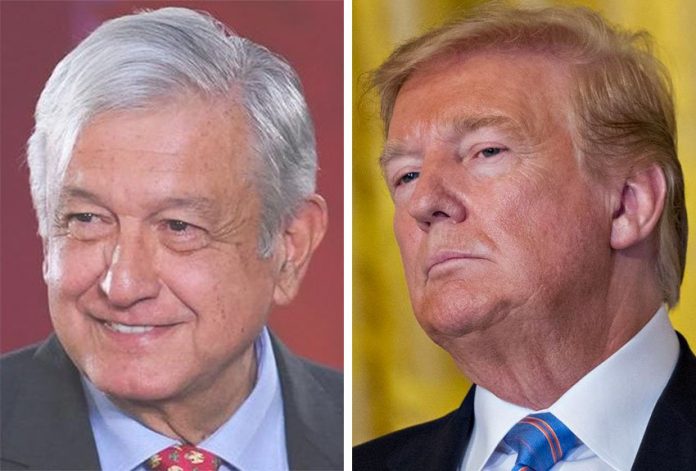At my daughter’s last birthday party we had juice boxes for the kids, the kind where you poke the straw through the aluminum-covered hole.
Everything seemed fine until I heard one boy scolding the other children about using straws because they were “hurting the animals;” most looked confused, and some were blatantly weirded-out and decided that the best course of action was to move away from him, the source of sudden berating and discomfort.
Refusing straws and extra plastic bags are all the rage these days. Double points if you can manage never to carry out anything in styrofoam!
At all the grocery stores in my city, you can now buy “eco-bags” at the register, the idea being that you’ll keep them as reusable grocery bags. The problem with these, and I can speak on this from personal experience as I’ve bought several, is that it’s easy to forget to actually take them with you the next time you go to the grocery store, so you pretty much always end up just getting more plastic bags. We do reuse the plastic bags as trash bags for the bathroom, though that’s hardly an excuse.
At my local rotisserie chicken place, I get their delicious chicken salad in styrofoam cups — they prepackage it. I don’t feel fantastic about it, but man it’s good, and plus, I’m supporting a small local business, right?
So far recycling and using “reusable” products in the first place seems to fall squarely in the sphere of what my husband calls “hippie-fresas:” upper-middle-class well-educated people, the kind that wear Ché Guevara t-shirts and drive 500-thousand-peso cars.
I’ve bought shampoo bars and natural toothpaste in glass jars with ingredients like coconut oil and baking soda in them, but these are generally much more expensive products than their plastic-contained, well-advertised counterparts; plus, I’ve yet to disprove my theory that the burgeoning middle classes go through a period of really, really liking previously unavailable consistently good products before arriving at the point where they want to “get back to nature.”
(“. . . but we just got out of nature! Can you please just let us enjoy our laundry detergent without lecturing us about its container and chemicals?”)
The bottom line is, most people need to be up to a certain category on Maslow’s Hierarchy of Needs before they start worrying about things like the health of the planet as a whole.
If we want people to “be green” we’ve got to make doing so the easiest and most obvious — not to mention least expensive — choice.
It’s also helpful to put things into perspective on a country-wide level: we don’t use central heating and air in our homes and buildings, which is a huge contributor of greenhouse gases; we turn on the gas when we need it rather than let it run constantly; we eat way more food that hasn’t been transported across the world and that doesn’t come in cans or boxes; we actually use public transportation at fairly high rates; we use furniture, clothes and shoes pretty much until they are truly on their last legs; we get things fixed more often than we throw them out and buy new; we use plastic yogurt containers for leftovers until they literally fall apart.
One could say that we do all these things out of necessity, but that’s my point: when taking care of the planet is structurally built-in, even if it wasn’t the main goal in the first place, you don’t need to worry as much about whether or not individuals will “choose” to behave ethically.
We’re not going to save the world by refusing straws at restaurants. We wouldn’t even save it by refusing straws and plastic bags and styrofoam containers. If everyone stopped driving it would make a dent, but that’s not something I see happening anytime soon. Not to be a pessimist, but there are only so many things all we individual ocean drops can do.
I’m not saying let’s give up on all our little micro-efforts. I am saying, let’s stop shaming our fellow party-goers about straws and focus our attention on the big offenders, the ones who, if they stopped, really would make a difference. After all, who is producing and selling those products in the first place? If they weren’t around, we wouldn’t use them; if eco-friendly versions were available instead, we would.
If we want to make conservation a priority, then the consumption of harmful products need not be the norm. Consumption starts at supply, not demand, and the money-makers in this chain are invisible and they know it.
Furthermore, “doing business” in our economic system, especially for large companies, seems to be enough of an excuse for any manner of ecological sin. A friend of mine who lives in Los Cabos often mentions chronic water shortages that go on for days for most of the city’s residents.
I’d be willing to bet a lot of money that the hotels in the area aren’t suffering. In Xoco, a neighboring colonia of Coyoacán in Mexico City, a giant luxury tower is going up after the developers illegally cut down most of the trees in the area. If nature gets in the way of making money, big business will usually find away around (or through) it.
It’s easy to focus on the people around us, but the sins of largely invisible developers and the suppliers of non-environmentally friendly products is another matter. And in a capitalist economy like this one, they can and do simply say, “there’s a demand! We’re just responding!” But that, my friends, is not something we have to fall for.
A friend of mine here was telling me that she’d bought bar shampoo for her hair instead of some chemical-filled shampoo in a plastic bottle, and she felt pretty good about it. She recycles, hardly eats meat, uses her canvas bags everywhere, and tells me, “What am I going to say to my son when he’s older and inherits this awful environment? How can I tell him that I didn’t do everything I possibly could?”
I admire the consciousness and effort, but would add one more thing to that “everything I possibly can” list: mass demonstration.
Sarah DeVries writes from her home in Xalapa, Veracruz.









